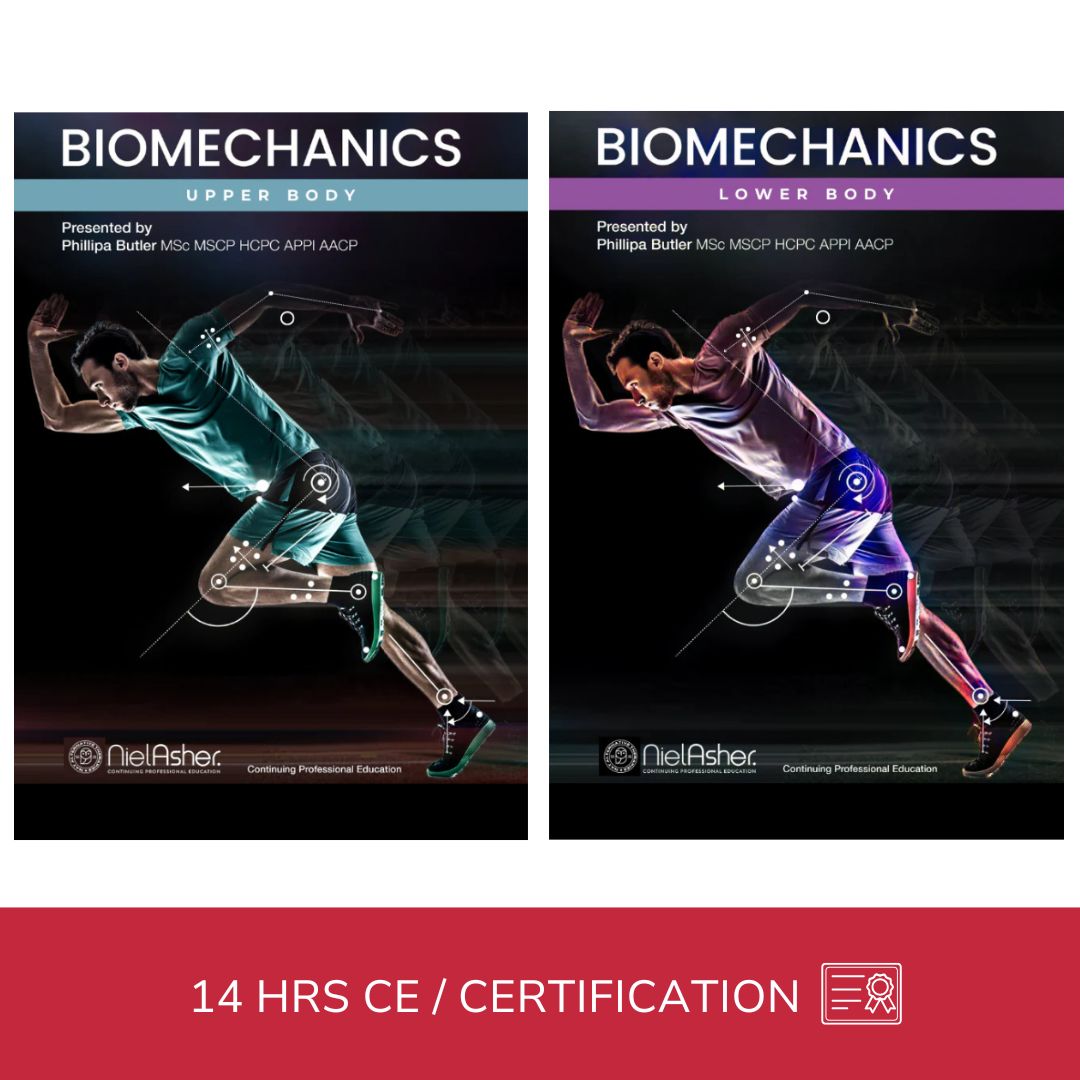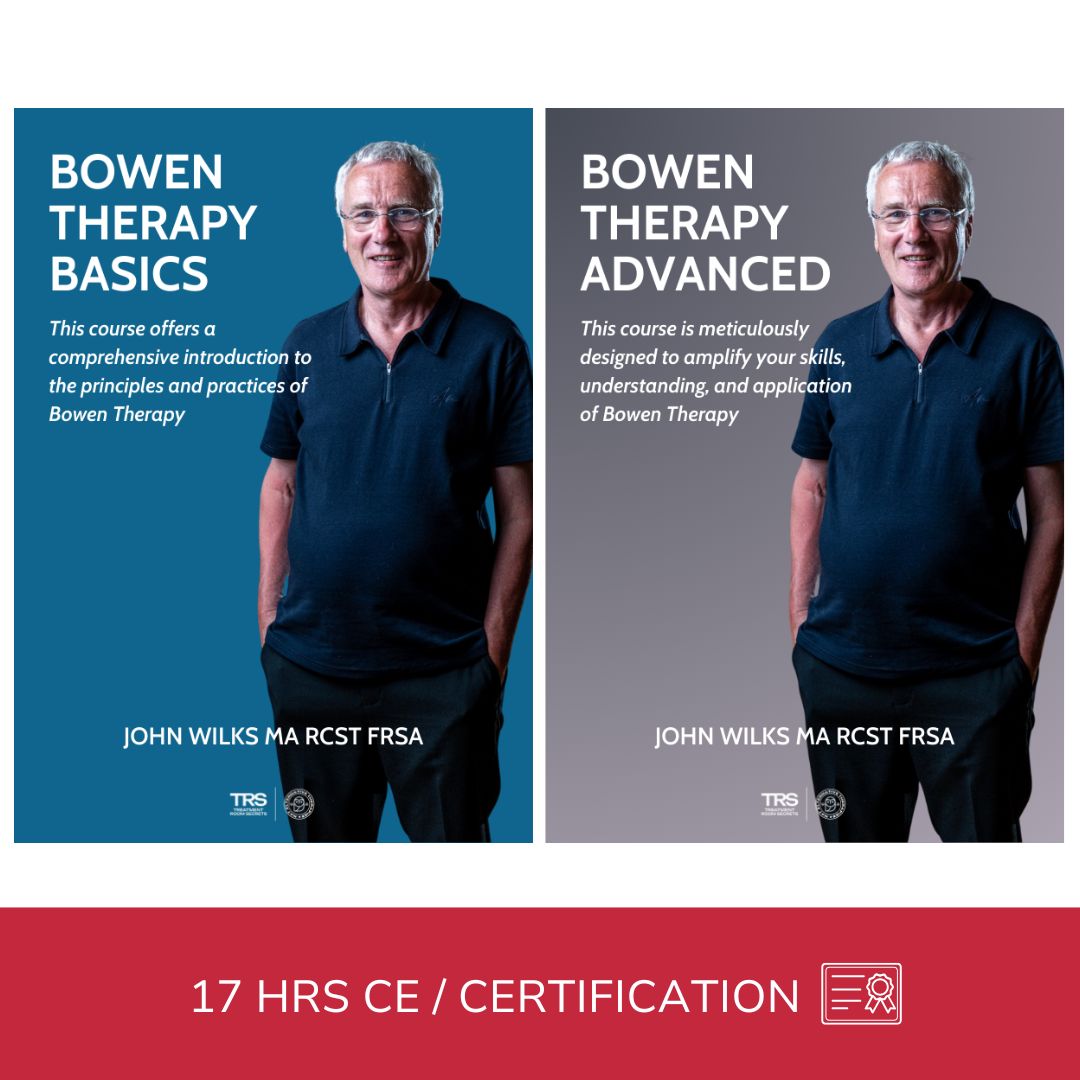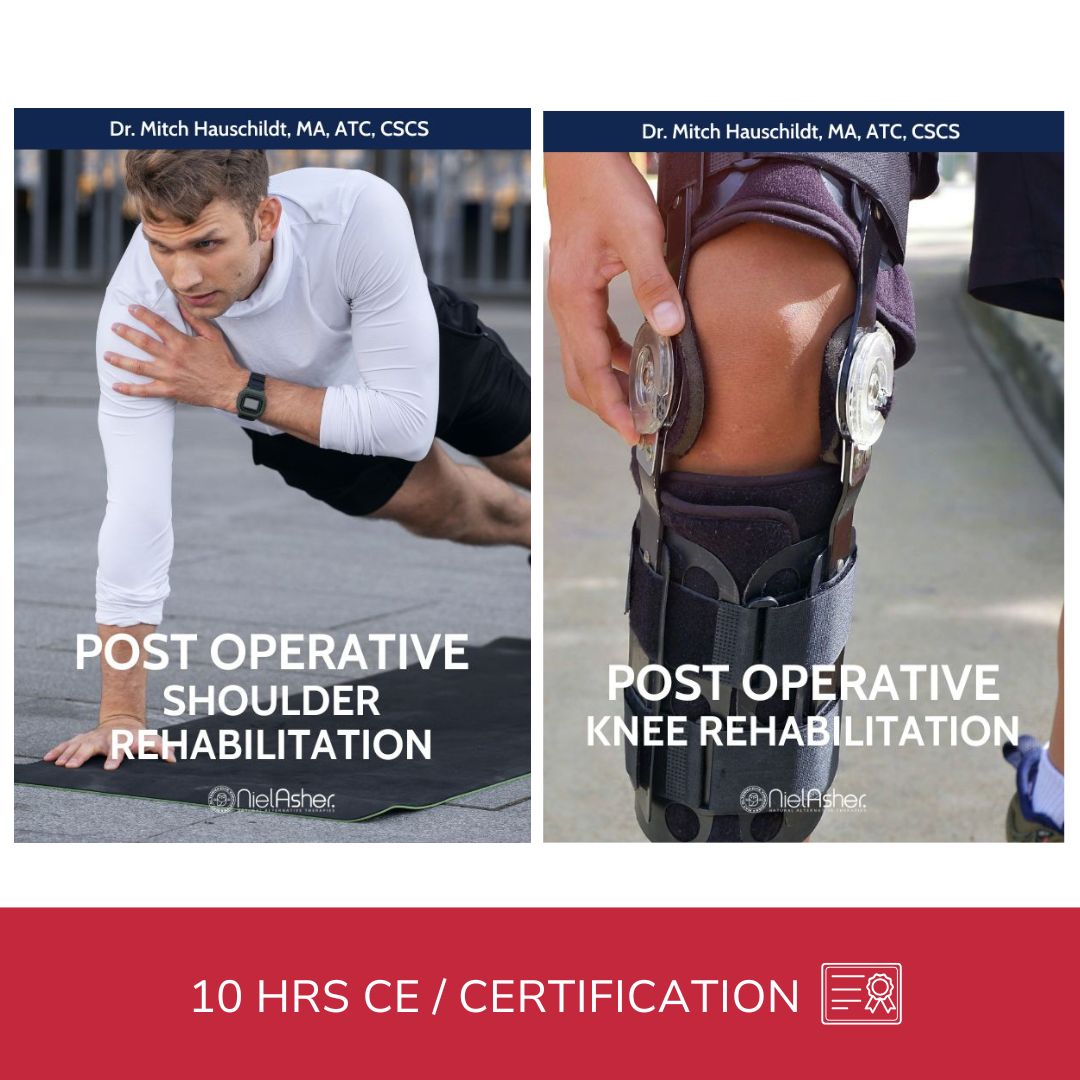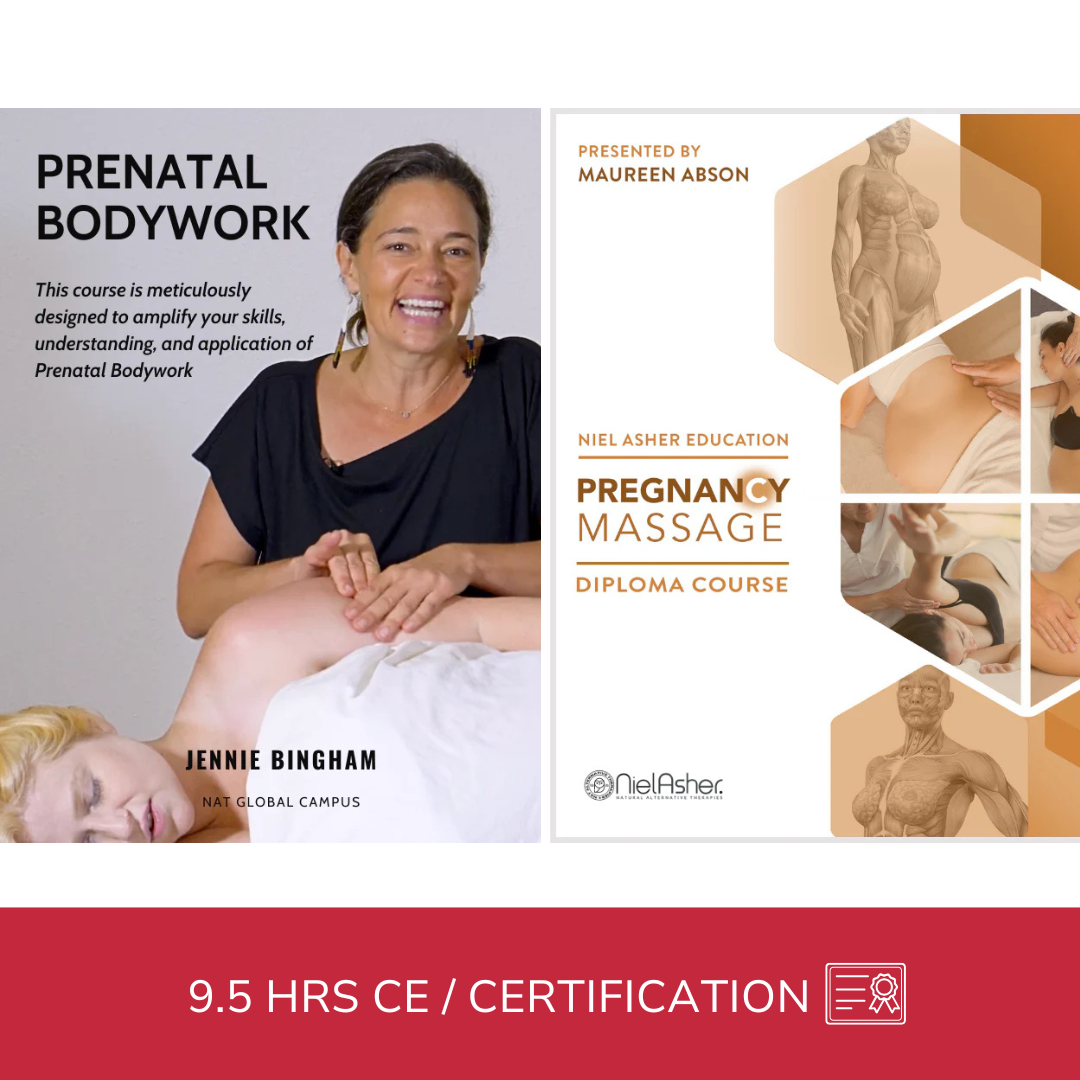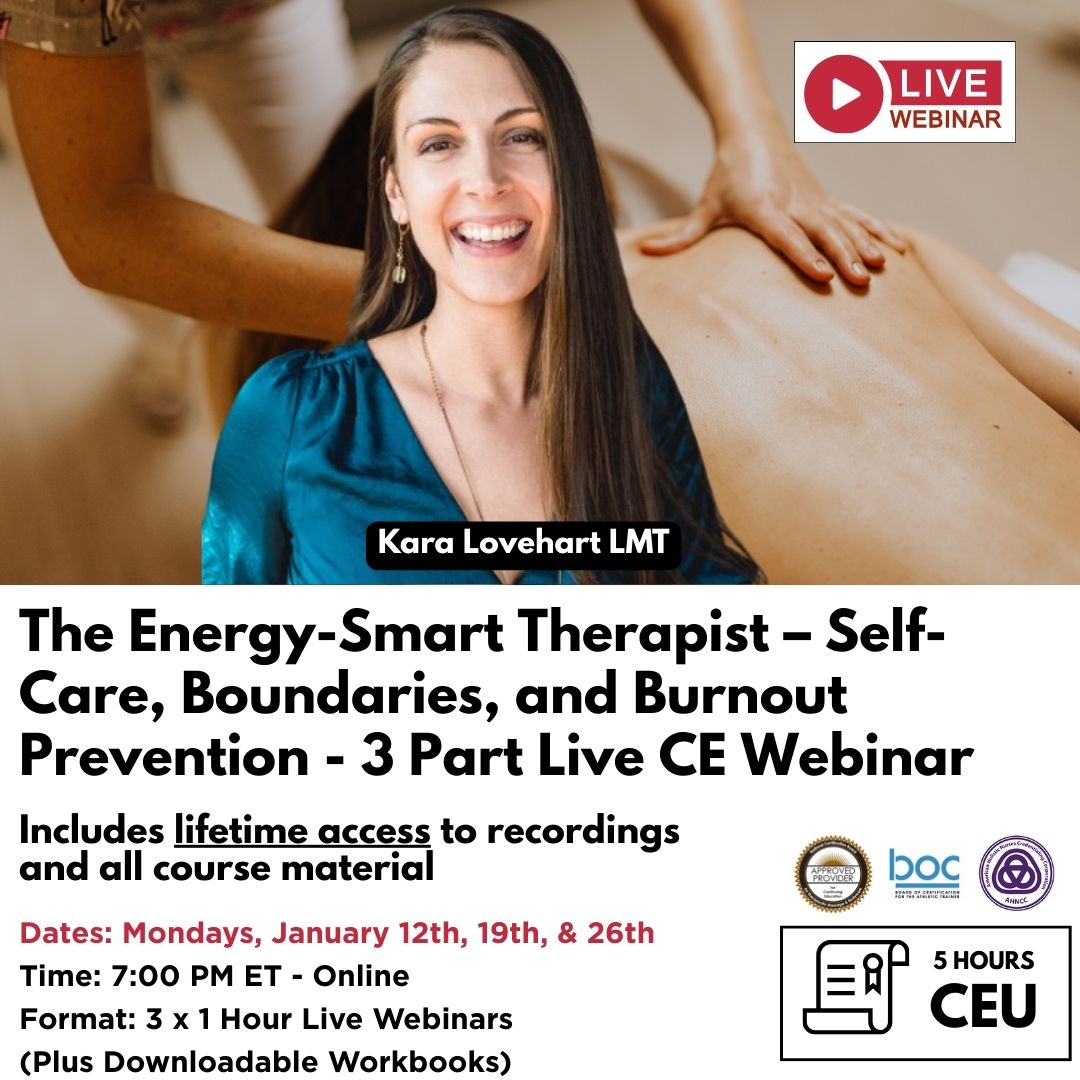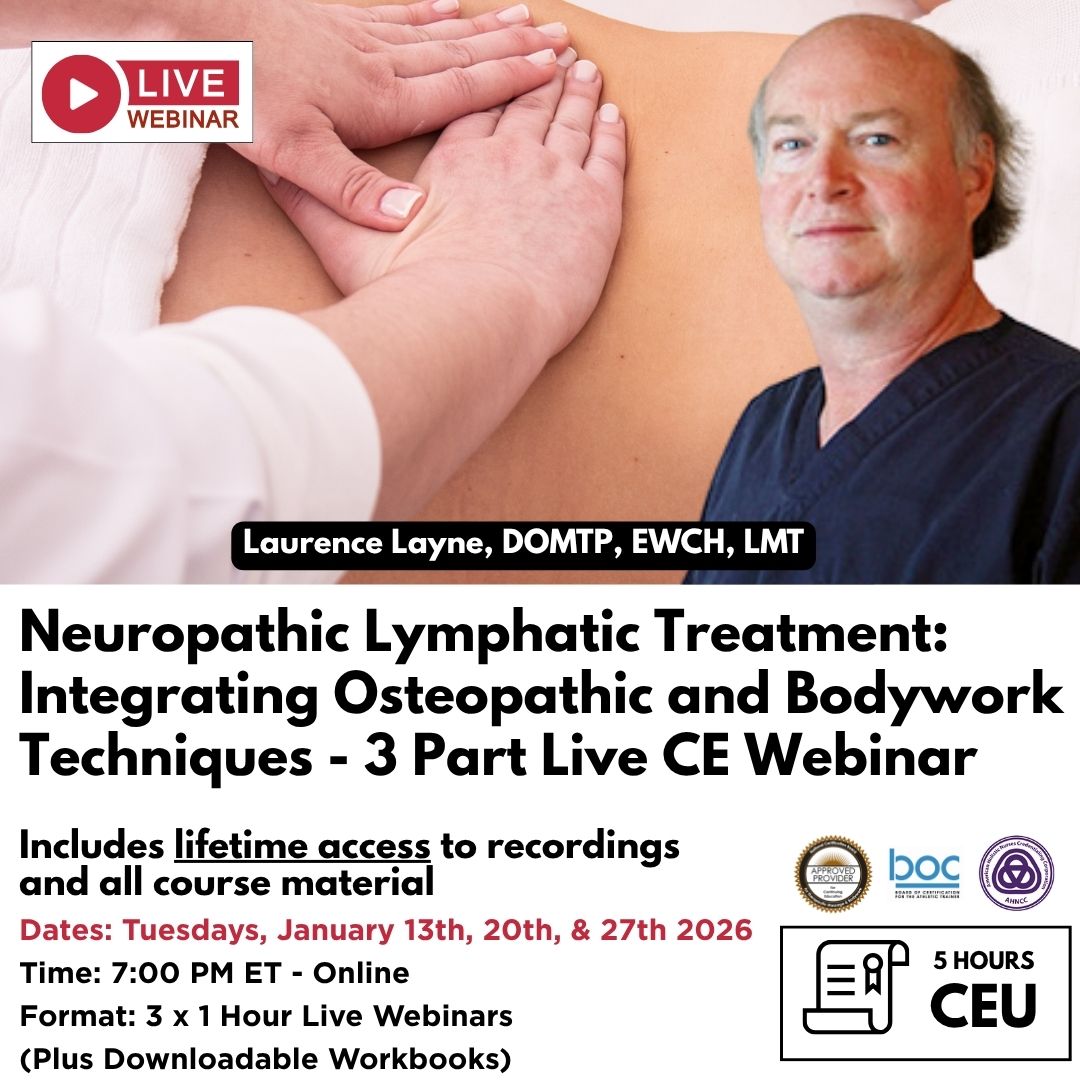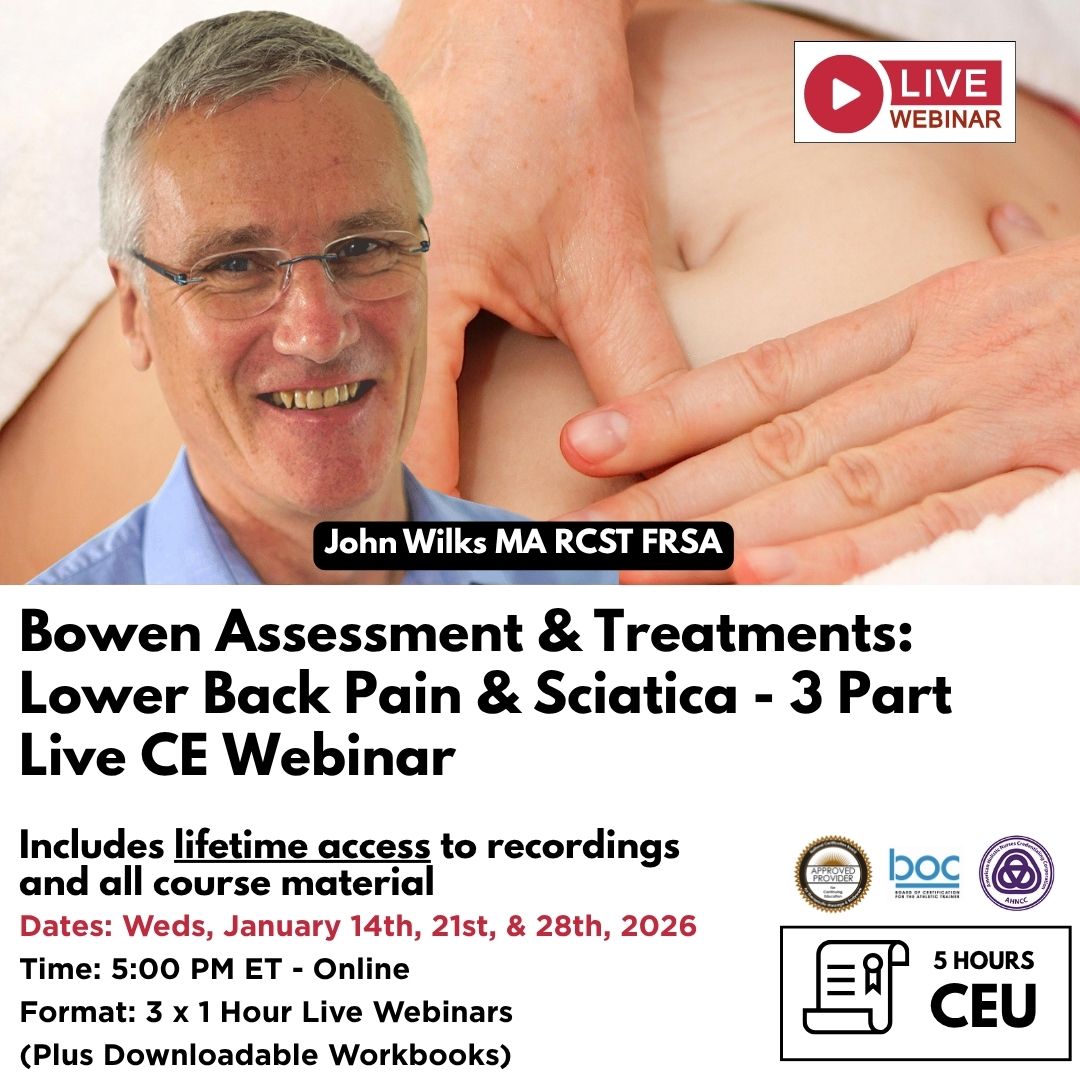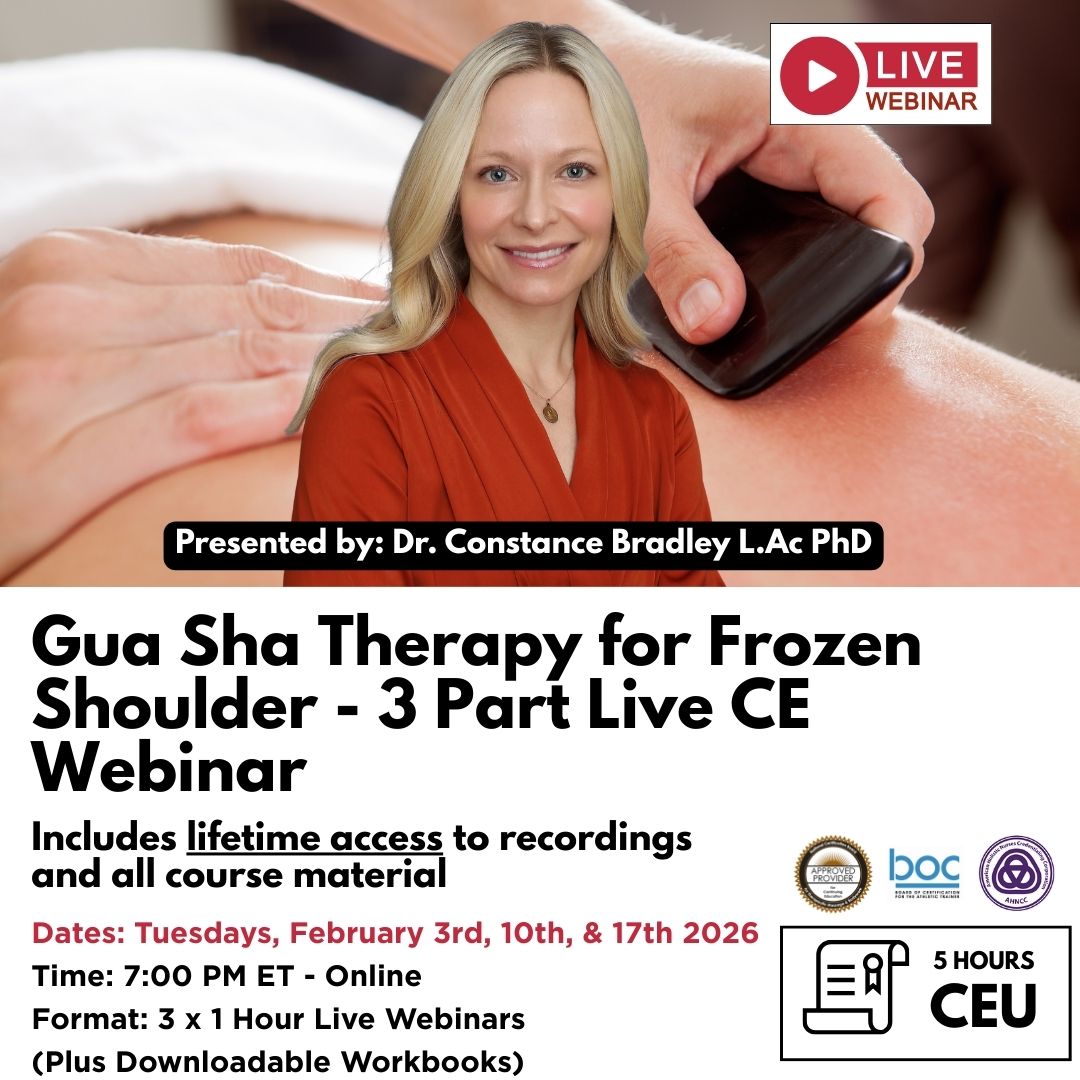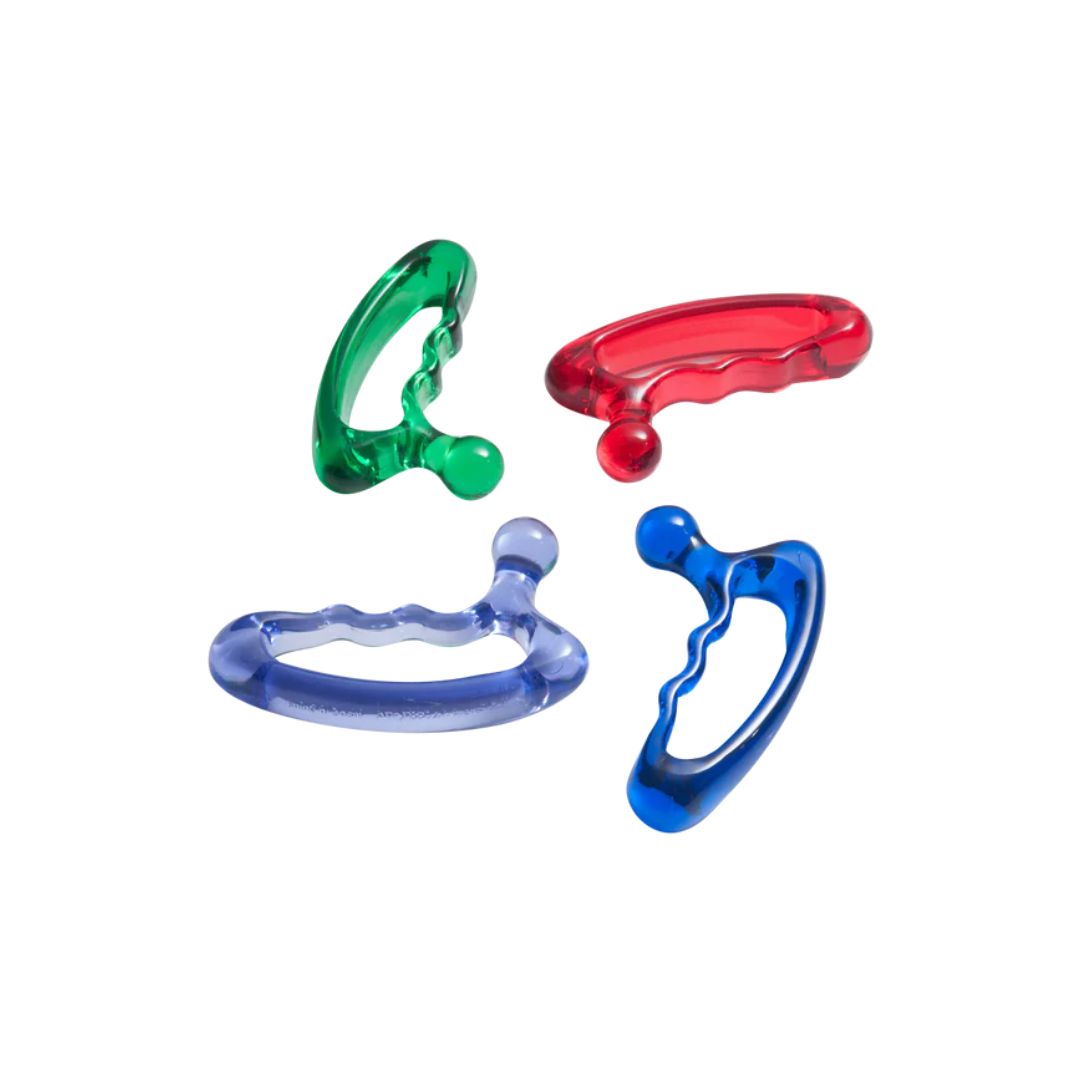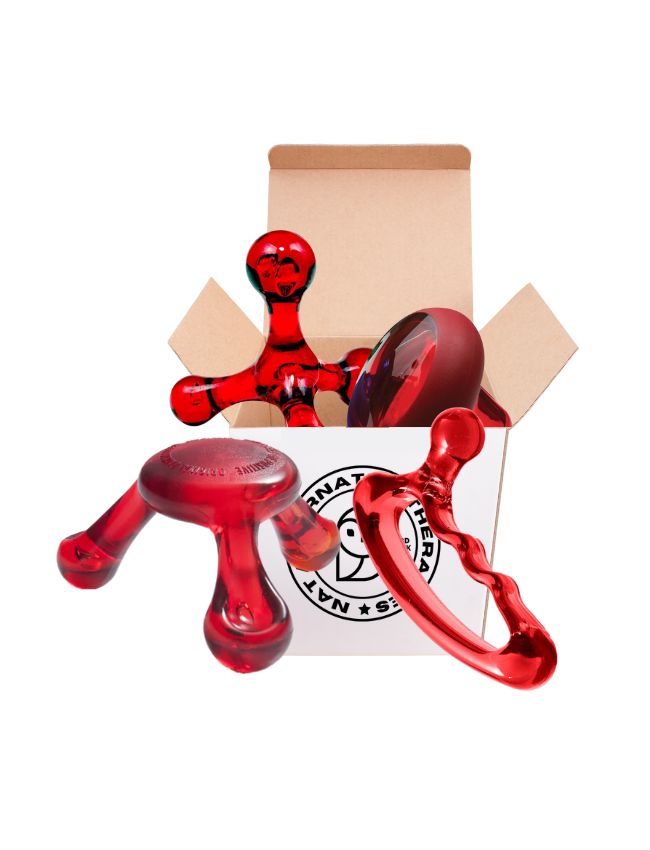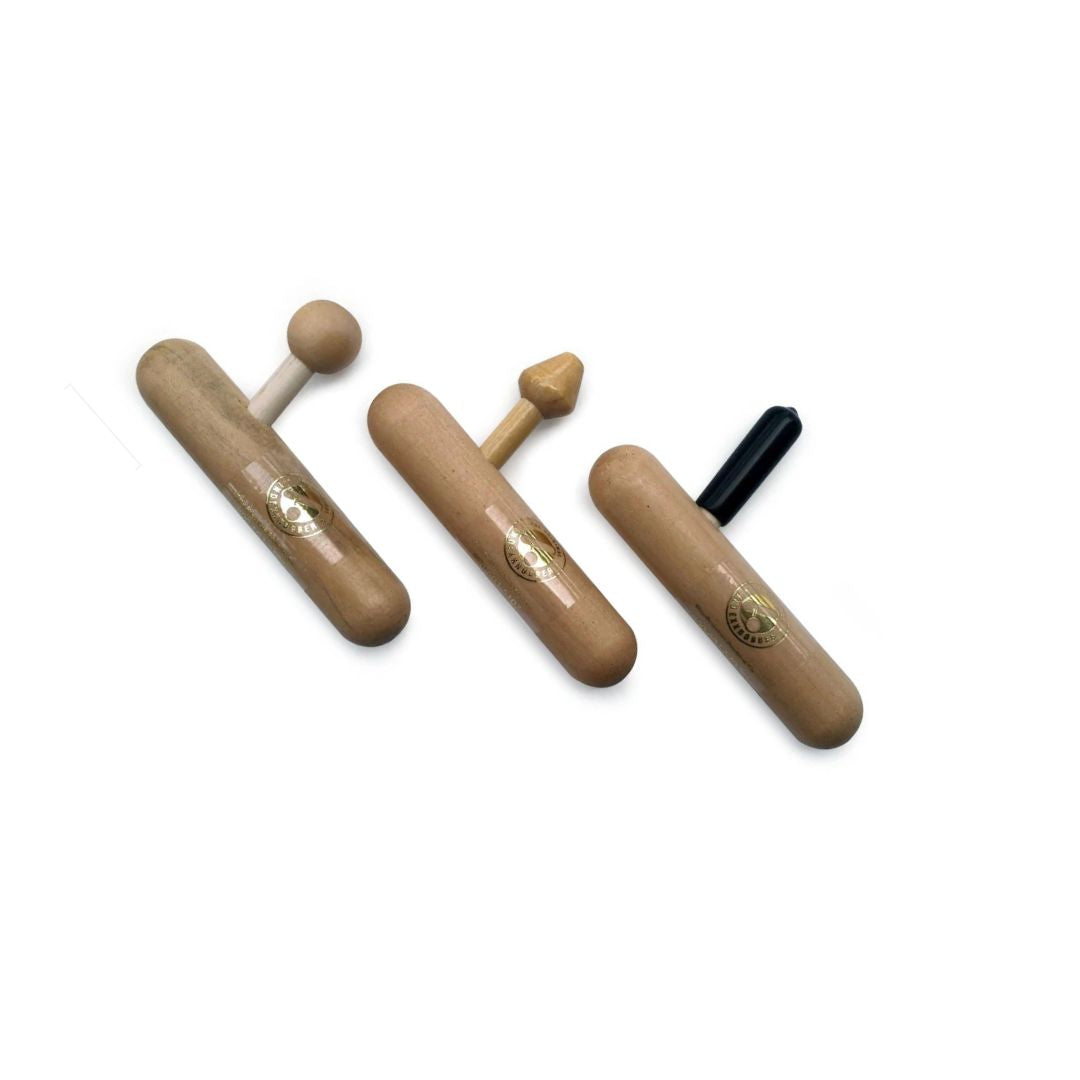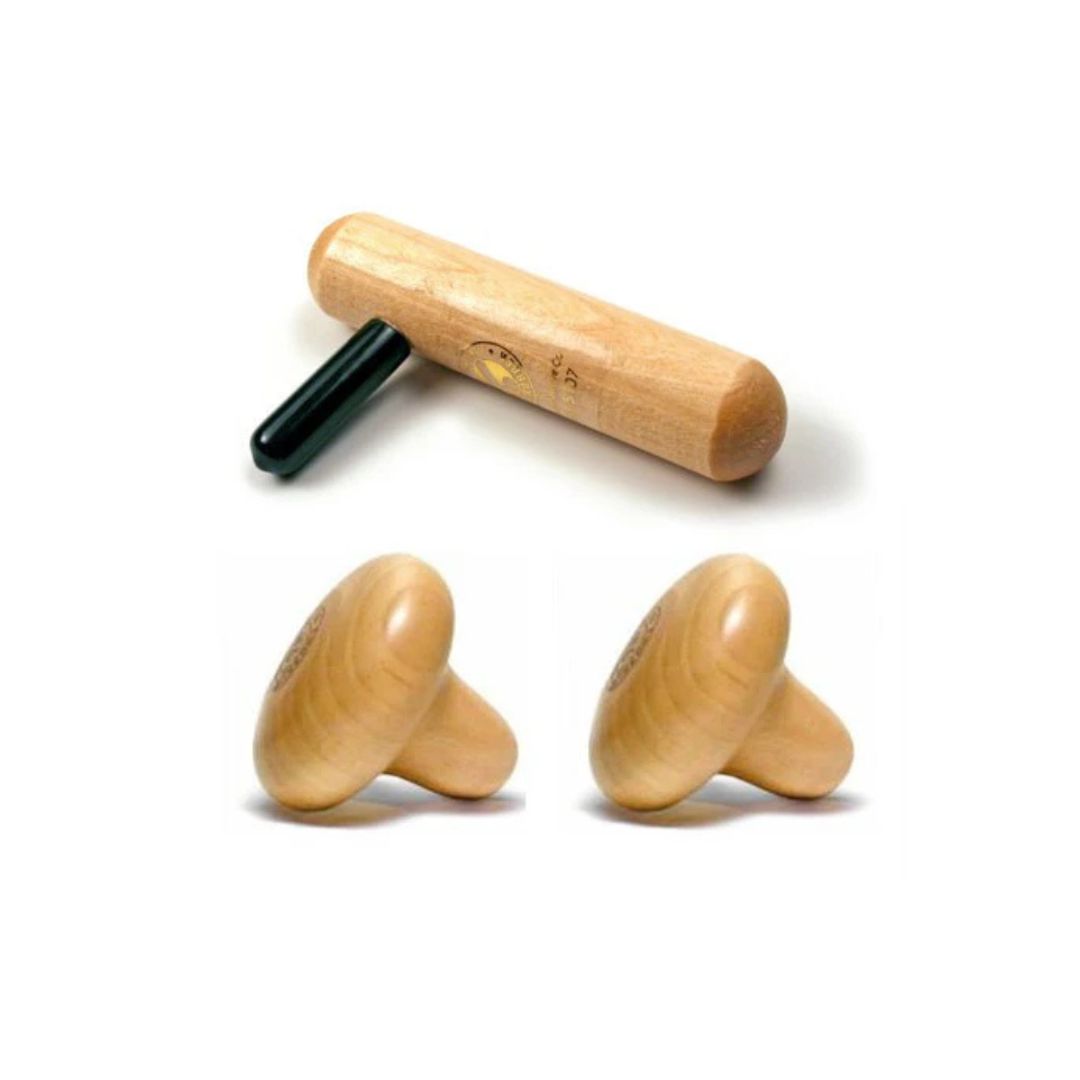Healthy Stretching | Trunk and Spine | Daily Program
Don't Forget the Trunk and Spine in Your Daily Stretching Routine, or Pre and Post Practice
Warm Up and Recovery Stretch - Trunk and Spine
It's so important to maintain a healthy flexibility in our back and core. To help give you some ideas that might work for you, and maybe even shake up your current routine - see below.

Technique: While sitting on a chair with your feet flat on the ground, look straight ahead and keep your body upright. Slowly bend to the left or right while reaching towards the ground with one hand. Do not bend forward.
Primary muscles: Quadratus lumborum. External and internal obliques.
Secondary muscles: Iliocostalis lumborum. Intertransversarii. Rotatores. Multifidus.
Injury where stretch may be useful: Back muscle strain. Back ligament sprain. Abdominal muscle strain (obliques).
Note: Do not lean forward or backward, concentrate on keeping your upper body straight. Use a strong and sturdy chair!

Technique: Kneel on the ground and raise one arm. Then rotate your shoulders and middle back while looking upwards.
Primary muscles: Semispinalis thoracis. Spinalis thoracis. Longissimus thoracis. Iliocostalis thoracis. Iliocostalis lumborum. Multifidus. Rotatores. Intertransversarii. Interspinales.
Secondary muscles: External and internal obliques. Pectoralis major.
Injury where stretch may be useful: Back muscle strain. Back ligament sprain. Abdominal muscle strain (obliques).
Note: Keep your arm pointing straight upward and follow your hand with your eyes. This will help to further extend the stretch into your neck.

Primary muscles: Gluteus maximus.
Secondary muscles: Transversus abdominis. Rectus abdominis.
Injury where stretch may be useful: Neck muscle strain. Whiplash (neck sprain). Cervical nerve stretch syndrome. Wry neck (acute torticollis). Back muscle strain. Back ligament sprain.
Note: Perform this stretch slowly and deliberately, resting your weight evenly on both your knees and hands.
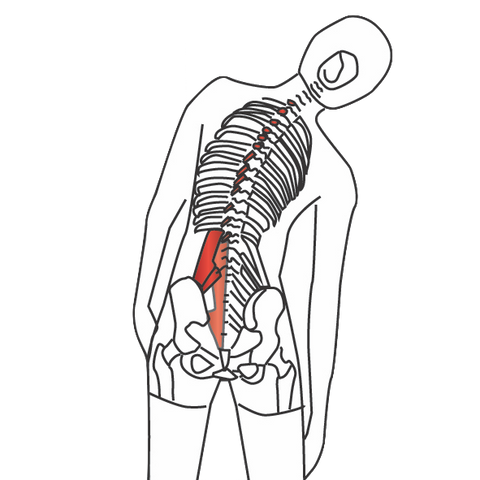
Primary muscles: Quadratus lumborum. External and internal obliques.
Secondary muscles: Iliocostalis lumborum. Intertransversarii. Rotatores. Multifidus.
Injury where stretch may be useful: Lower back muscle strain. Lower back ligament sprain. Abdominal muscle strain (obliques).
Note: Do not lean forward or backward. It's important to concentrate on keeping your upper body straight.

About Niel Asher Education
Niel Asher Education (NAT Global Campus) is a globally recognised provider of high-quality professional learning for hands-on health and movement practitioners. Through an extensive catalogue of expert-led online courses, NAT delivers continuing education for massage therapists, supporting both newly qualified and highly experienced professionals with practical, clinically relevant training designed for real-world practice.
Beyond massage therapy, Niel Asher Education offers comprehensive continuing education for physical therapists, continuing education for athletic trainers, continuing education for chiropractors, and continuing education for rehabilitation professionals working across a wide range of clinical, sports, and wellness environments. Courses span manual therapy, movement, rehabilitation, pain management, integrative therapies, and practitioner self-care, with content presented by respected educators and clinicians from around the world.
Known for its high production values and practitioner-focused approach, Niel Asher Education emphasises clarity, practical application, and professional integrity. Its online learning model allows practitioners to study at their own pace while earning recognised certificates and maintaining ongoing professional development requirements, making continuing education accessible regardless of location or schedule.
Through partnerships with leading educational platforms and organisations worldwide, Niel Asher Education continues to expand access to trusted, high-quality continuing education for massage therapists, continuing education for physical therapists, continuing education for athletic trainers, continuing education for chiropractors, and continuing education for rehabilitation professionals, supporting lifelong learning and professional excellence across the global therapy community.
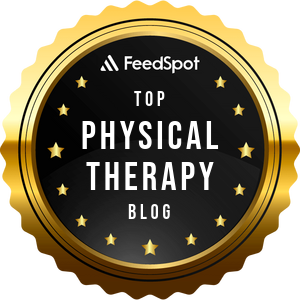
Continuing Professional Education
Looking for Massage Therapy CEUs, PT and ATC continuing education, chiropractic CE, or advanced manual therapy training? Explore our evidence-based online courses designed for hands-on professionals.


